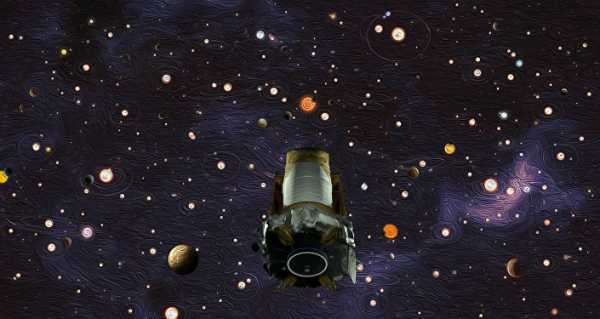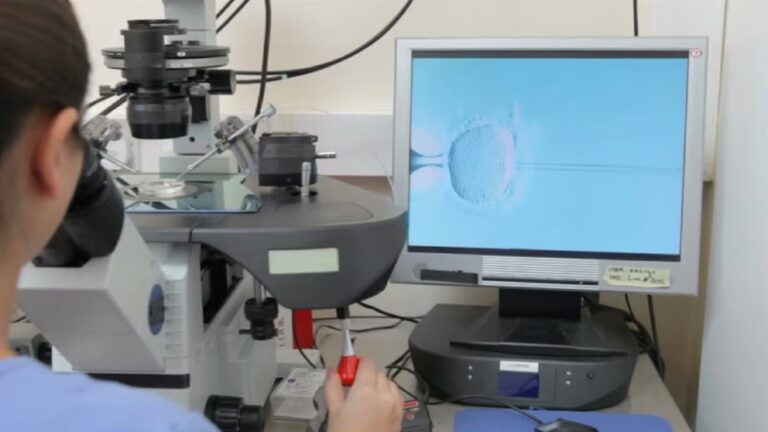
The data used by the scientists during their study was procured via the Kepler Space Telescope back in 2016.
A population of so-called rogue planets – i.e. planets that do not orbit a star – has been uncovered in the depths of space, SciTechDaily reports.
The team behind the new study, led by Iain McDonald of the University of Manchester, used the data provided by the NASA’s Kepler Space Telescope back in 2016 when it monitored “a crowded field of millions of stars near the centre of our Galaxy every 30 minutes in order to find rare gravitational microlensing events.”
The researchers were able to identify a number of short-duration microlensing events, four of which are “new discoveries that are consistent with planets of similar masses to Earth”, as the media outlet puts it.
Said new events apparently did not exhibit an accompanying signal that might indicate the presence of a host star, which may hint at them being rogue planets, possibly ejected from the star system where they originally formed.
Study co-author Eamonn Kerins, also of the University of Manchester, added that the Kepler Space Telescope essentially “has achieved what it was never designed to do, in providing further tentative evidence for the existence of a population of Earth-mass, free-floating planets”.
Sourse: sputniknews.com






